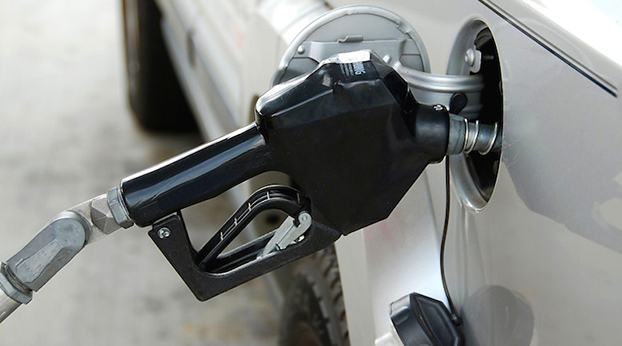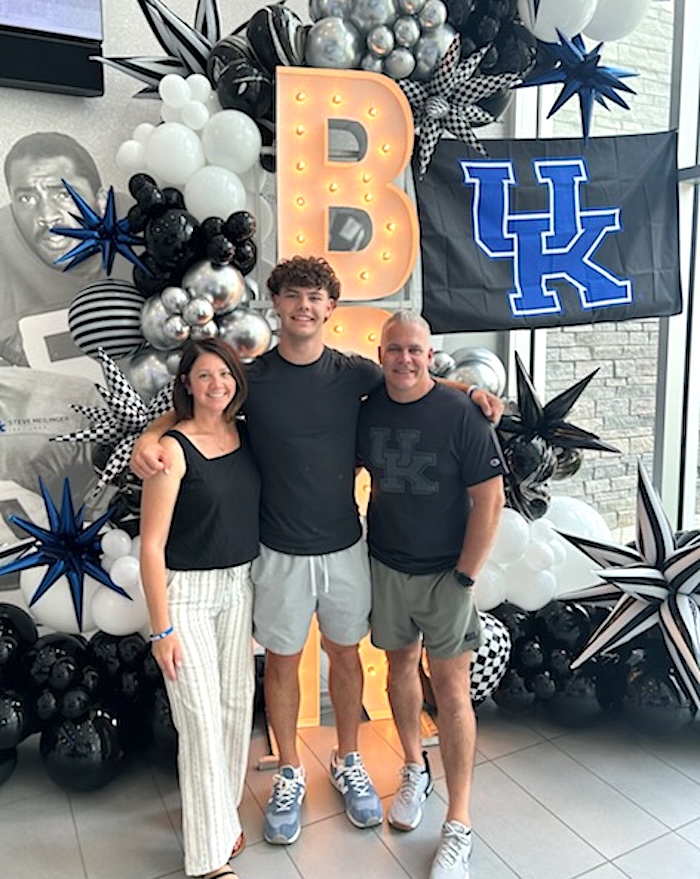Cheaper gas coming soon with winter blend
Published 8:00 am Friday, August 30, 2024
|
Getting your Trinity Audio player ready...
|
Along with much cooler weather and leaves changing color, there is another sure sign that fall is coming to Kentucky — cheaper gas prices due to a seasonal blend change.
According to GasBuddy.com, a crowd-sourced mobile app that tracks gas prices in the United States and Canada, on Sept. 15, gasoline refineries switch from making more expensive, summer-blend gasoline to cheaper, winter-blend gasoline.
In the warmer months, gasoline has a greater chance of evaporating from your car’s fuel system. This can produce additional smog and increased emissions. Refiners reduce the possibility of gas evaporation in your vehicle during the summer by producing gasoline blends with lower Reid vapor pressure (RVP), or lower volatility. These blends vary from state to state and region to region due to RVP state regulations. They also vary by octane level.
Trending
Cost for your wallet: According to NACS, the National Association of Convenience Stores, this higher-grade fuel can add 15¢/gal or more to the cost of your fill-up. This excludes the increased cost due to summer fuel demand, which can vary between 5¢-15¢/gal, depending on region. More stringent requirements (like California) can mean even higher prices.
In winter, gasoline blends have a higher Reid vapor pressure, meaning they evaporate more quickly and allow gasoline to ignite more easily to start your car in cold temperatures. This blend is cheaper to produce, resulting in lower gas prices at the pump from late September through late April.
Cost for your wallet: Prices typically fall 10¢-30¢/gal starting in mid/late September through late November as gas stations switch to winter gasoline and demand for gasoline falls seasonally as we start staying closer to home. Many retailers continue to sell summer gas until their inventories run out before selling winter gasoline.
Hurricane season can also affect prices, ending in a squeeze just before the switch as refiners don’t want excess expensive summer gasoline sitting around especially if refineries are in the path of a major storm.
The Louisville area also is not attaining federal EPA clean air standards, so they must also use the more expensive reformulated gasoline (RFG) to cut down on pollution. That’s why you see gas prices outside the Louisville area substantially less.






